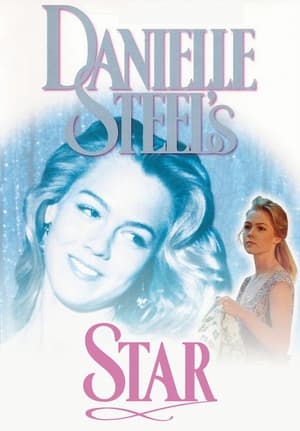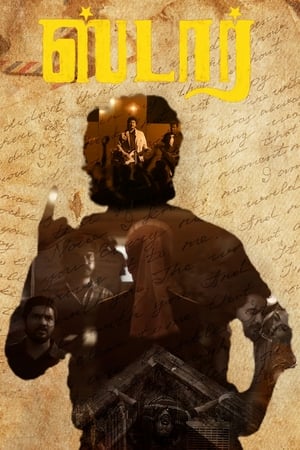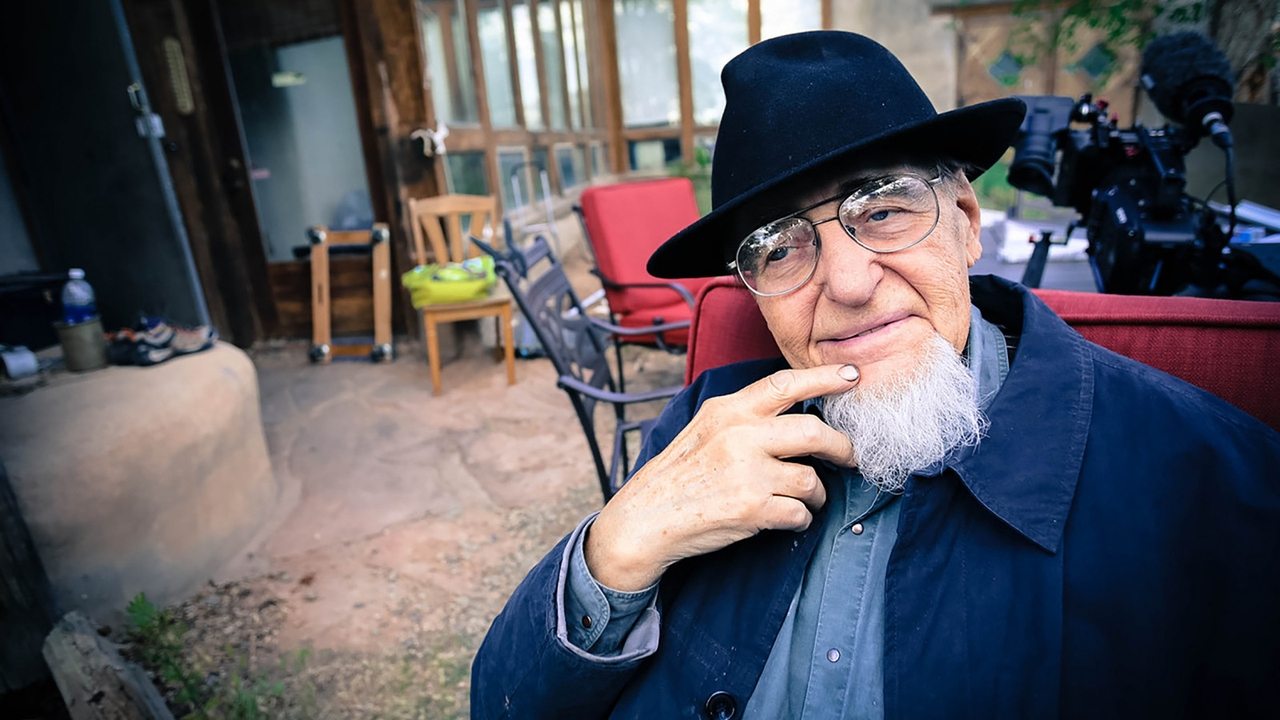
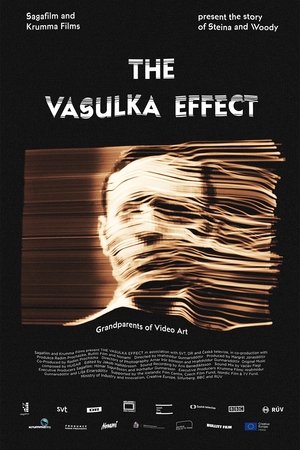
The Vasulka Effect(2020)
Grandparents of Video Art
The opening of The Vasulka Effect couldn’t be more apt: Steina Vasulka addresses her husband Woody through various TV screens. He does the same and replies. A perfect image of the relationship between the free-spirited, groundbreaking pioneers of video art. After meeting in Prague in the early 1960s, they relocated from Czechoslovakia to New York, where they later founded The Kitchen, their legendary art and performance gallery.


Movie: The Vasulka Effect
Top 2 Billed Cast
Himself
Herself
Video Trailer The Vasulka Effect
Recommendations Movies
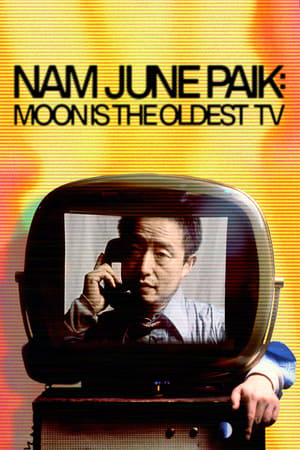 6.9
6.9Nam June Paik: Moon Is the Oldest TV(en)
The quixotic journey of Nam June Paik, one of the most famous Asian artists of the 20th century, who revolutionized the use of technology as an artistic canvas and prophesied both the fascist tendencies and intercultural understanding that would arise from the interconnected metaverse of today's world.
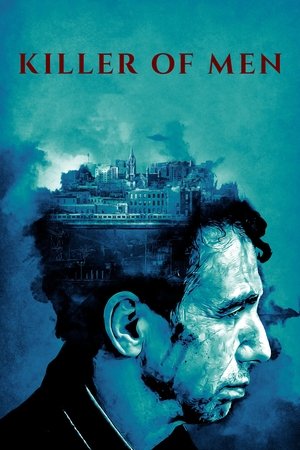 7.3
7.3Killer of Men(en)
A man lurks the night alleys, killing people at random, he feels nothing, no emotion, and no pain; when he meets a graceful widow he must confront what it means to be human.
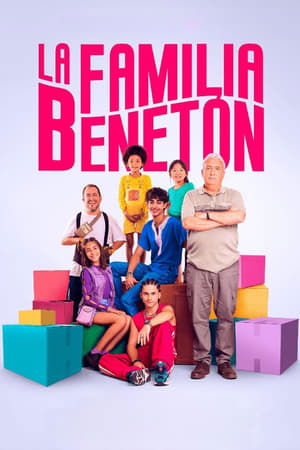 5.4
5.4The Benetón Family(es)
Toni, a grumpy in his fifties, avoids children at all costs. His life changes when he suddenly has to take care of his sister's five adopted children, each from a different country. Toni will have to deal with new parenthood and cultural differences.
 5.7
5.7The Last Night of Sandra M.(es)
Freely inspired by the life of the actress Sandra Mozarowsky, who died in 1977 when she fell from the terrace of her house in Madrid, the story will focus on the day before the accident, in which loneliness, fear and anguish in the face of a situation desperate mix with his dreams and ambitions.
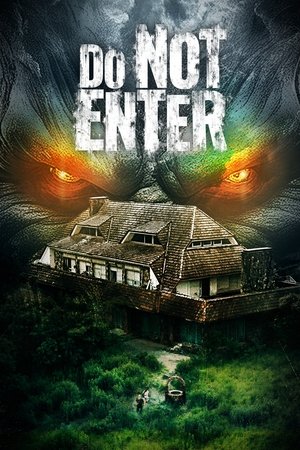 6.9
6.9Do Not Enter(es)
Two working class youtubers ‘in the making’ enter an abandoned mansion to get their basketball back, and get lost inside while pranking each other. They record their ‘quick adventure’ with their phones for their audience, and tweak it with a fake phantom appearance to attract more followers to their YouTube channel. When uploaded the video goes viral, so they start a challenge: if the video reaches a certain number of views, they will enter the house again, at night, alone, totally unprotected. As fans react positively, they will do as promised, not only to discover and unveil the true nature of the place and their inhabitants, but to realize they might not be among the living anymore. Which opens a question - how far would you go to be famous?
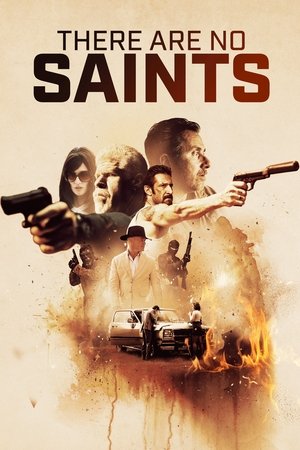 5.2
5.2There Are No Saints(en)
A man is imprisoned for a crime he didn't commit. When his wife is murdered and his son kidnapped and taken to Mexico, he devises an elaborate and dangerous plan to rescue his son and avenge the murder.
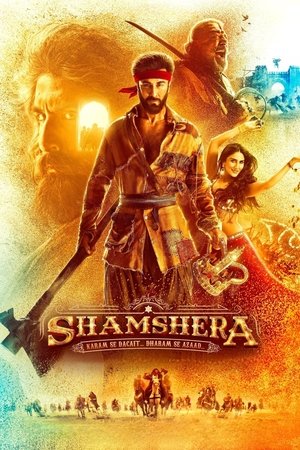 5.5
5.5Shamshera(hi)
Set in the 1800s, the film is about a "dacoit" tribe who take charge in fight for their rights and independence against the British.
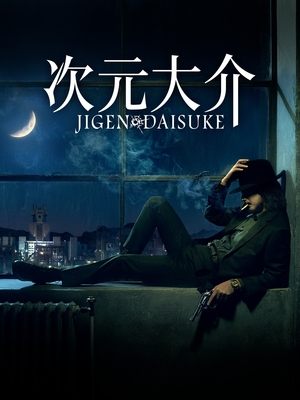 6.8
6.8Jigen Daisuke(ja)
Feeling unhappy with his gun, Jigen is looking for the world’s best gunsmith. He finally finds out that Chiharu, who runs a watch shop, is the person he’s been seeking. Then, Jigen meets Oto, who comes to Chiharu’s shop looking for a gun. Jigen finds out about Oto's secrets and the mysterious organization that’s after her. After Oto is kidnapped, Jigen gets into a desperate battle to save her.
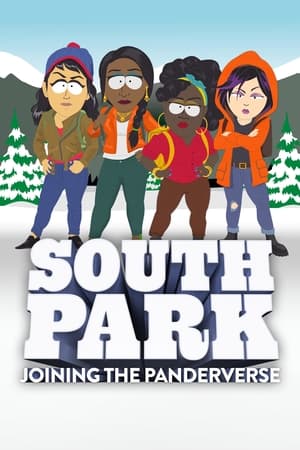 7.7
7.7South Park: Joining the Panderverse(en)
Cartman's deeply disturbing dreams portend the end of the life he knows and loves. Meanwhile, the adults in South Park are wrestling with their own life decisions, as the advent of AI is turning their world upside down.
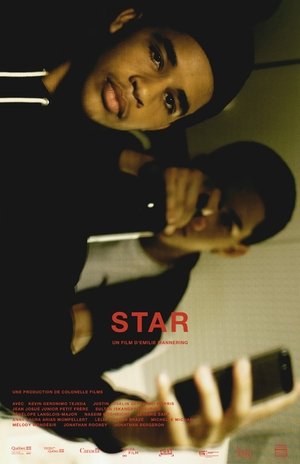 5.8
5.8Star(fr)
Star follows the path of Tito and Jay, two brothers living in the Montreal neighborhood of Park Extension. Accompanying these young people in their daily life marked by complicity and intimidation, Star tackles themes dear to teenagers: identity and friendship.
 5.7
5.7way(en)
San Francisco filmmaker Konrad Steiner took 12 years to complete a montage cycle set to the late Leslie Scalapino’s most celebrated poem, way—a sprawling book-length odyssey of shardlike urban impressions, fraught with obliquely felt social and sexual tensions. Six stylistically distinctive films for each section of way, using sources ranging from Kodachrome footage of sun-kissed S.F. street scenes to internet clips of the Iraq war to a fragmented Fred Astaire dance number.
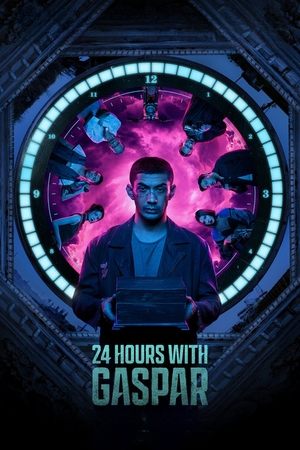 6.6
6.624 Hours with Gaspar(id)
With only 24 hours left to live, a private investigator follows a trail of confounding clues to uncover the disappearance of his childhood friend.
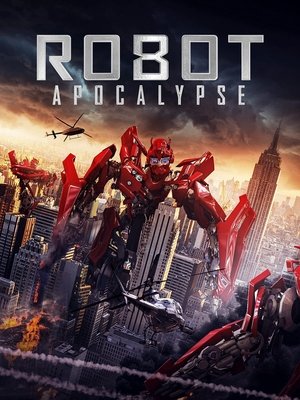 6.3
6.3Robot Apocalypse(en)
An expert hacker is targeted by a sentient AI after she realizes the threat it poses, and she must try to stay off its radar long enough to stop it.
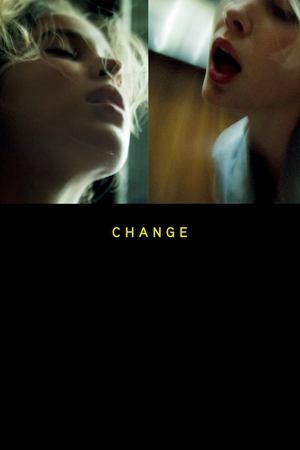 9.4
9.4Change(en)
I was somewhere between the beggining and the end of life. After winter became spring, and summer became fall, and fall winter again. I always knew change would be constant.
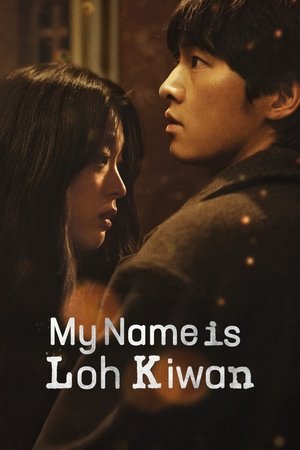 7.4
7.4My Name Is Loh Kiwan(ko)
After defecting from North Korea, Loh Kiwan struggles to obtain refugee status in Belgium, where he encounters a dejected woman who has lost all hope.
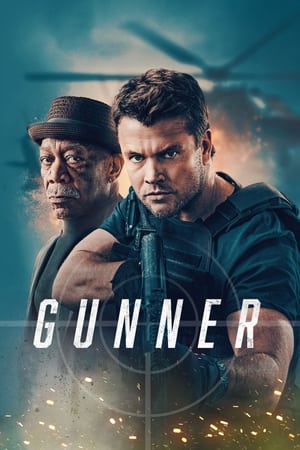 5.4
5.4Gunner(en)
While on a camping trip in order to reconnect, war veteran Colonel Lee Gunner must save his two sons from a gang of violent bikers when they're kidnapped after accidentally stumbling upon to a massive drug operation.
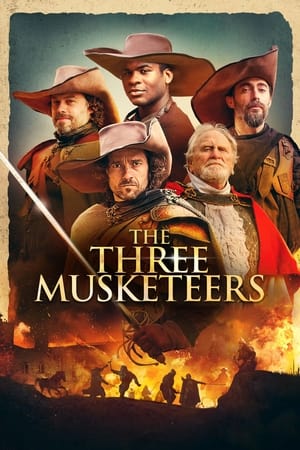 5.2
5.2The Three Musketeers(en)
France is in turmoil and a new, naive King finds himself manipulated by the evil Cardinal Richelieu. With a corrupt commander of the royal guard by his side the Cardinal employs the expertise of the devious and wicked Milady de Winter in a plot to bring down the monarchy and drag the country into war. As France burns the Cardinal will take control. All that stands between them and victory are the remnants of an elite group who wore loyalty to crown and country. Above all else The Musketeers will stand against the odds to foil this deadly plot.
Similar Movies
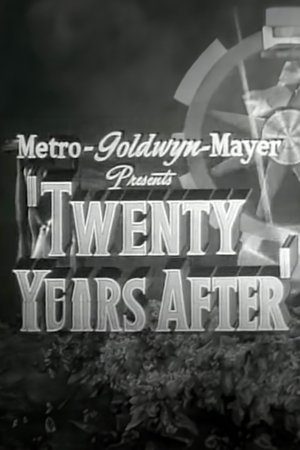 6.0
6.0Twenty Years After(en)
This short celebrates the 20th anniversary of MGM. Segments are shown from several early hits, then from a number of 1944 releases.
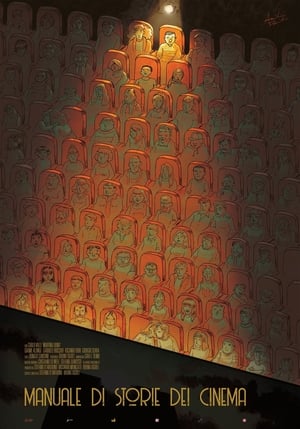 7.5
7.5Handbook of Movie Theaters' History(it)
Handbook of Movie Theaters' History is a documentary about the history, the development in the present days and the future of movie theaters in the city of Turin, Italy. It mixes the documentary language with comedy and fiction, and is enriched by interviews to some of the most important voices of Turin cinematography. The film follows the evolution of movie theaters by enlightening its main milestones: the pre-cinema experiences in the late 19th Century, the colossals and the movie cathedrals of the silent era, the arthouse theaters, the National Museum of Cinema, the Torino Film Festival, the movie theaters system today and the main hypothesis about its future. The mission of Handbook of Movie Theaters' History is to explore and give back to the audience a deep reflection about the identity and the value of movie theater, in its social and anthropological role and as a mass media, and to analyze the experience of the viewer.
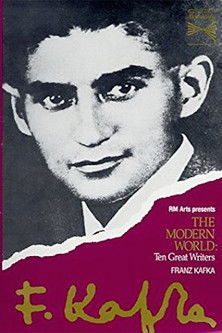 0.0
0.0Franz Kafka's 'The Trial'(en)
BBC documentary about Franz Kafka played by GREEK TV in 1990.This documentary is one of the ten films of "The Modern World: Ten Great Writers (1988)".
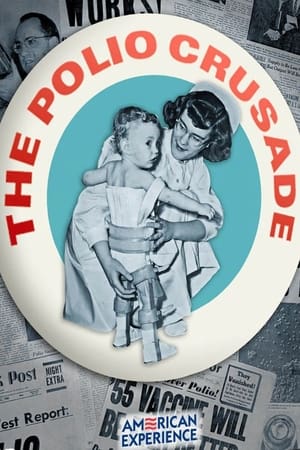 0.0
0.0The Polio Crusade(en)
The film interweaves the personal accounts of polio survivors with the story of an ardent crusader who tirelessly fought on their behalf while scientists raced to eradicate this dreaded disease. Based in part on the Pulitzer Prize-winning book Polio: An American Story by David Oshinsky, Features interviews with historians, scientists, polio survivors, and the only surviving scientist from the core research team that developed the Salk vaccine, Julius Youngner.
 7.7
7.7When We Were Kings(en)
It's 1974. Muhammad Ali is 32 and thought by many to be past his prime. George Foreman is ten years younger and the heavyweight champion of the world. Promoter Don King wants to make a name for himself and offers both fighters five million dollars apiece to fight one another, and when they accept, King has only to come up with the money. He finds a willing backer in Mobutu Sese Suko, the dictator of Zaire, and the "Rumble in the Jungle" is set, including a musical festival featuring some of America's top black performers, like James Brown and B.B. King.
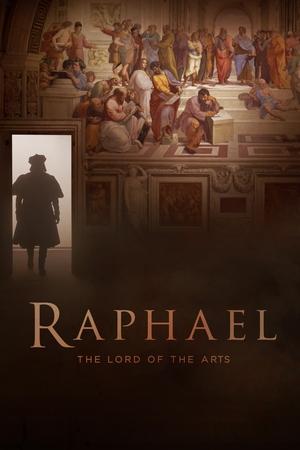 7.7
7.7Raphael: The Lord of the Arts(it)
Raphael: The Lord of the Arts is a documentary about the 15th century Italian Renaissance painter Raphael Sanzio.
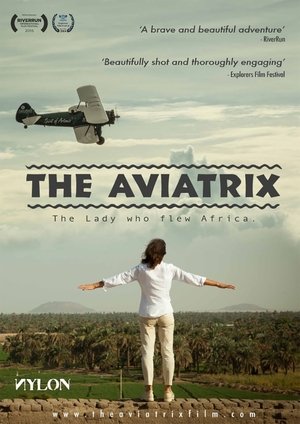 10.0
10.0The Aviatrix(en)
In 1928, Lady Heath became the first person to fly solo from Cape Town to London. Eighty-five years later, Tracey Curtis-Taylor set out in a vintage biplane to fly that adventure again. Following Tracey as she retraces the journey, The Aviatrix is more than just a film about the rapture of flying – it’s a story about living life on your own terms and having the courage and determination to realise your greatest dreams.
 5.5
5.5The Hidden History of Egypt(en)
Egyptians were famed for their extravagant building techniques and extraordinary gods, but what about the ordinary citizens? How did they lead their day to day lives? What did they do for entertainment? Did they believe in their gods? Discover astonishing facts that throw new light on our understanding of the Ancient Egyptians.
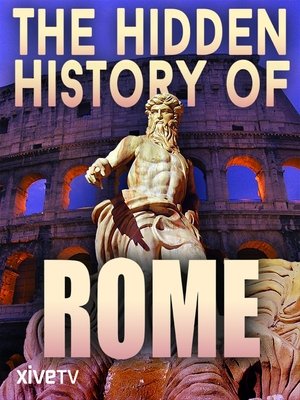 5.0
5.0The Hidden History of Rome(en)
Rome was famed for the decadence of its ruling class, however, what about the ordinary citizens of these ancient cultures? How did they lead their day to day lives in an age when the average life expectancy was little more than forty? Did they believe in the Pagan Gods? What were their sex lives like? What did they do for entertainment? How ordinary Romans lived is, for the most part ...
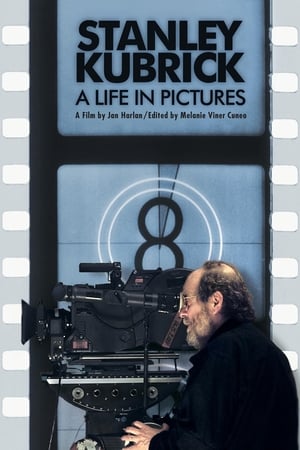 7.4
7.4Stanley Kubrick: A Life in Pictures(en)
With commentary from Hollywood stars, outtakes from his movies and footage from his youth, this documentary looks at Stanley Kubrick's life and films. Director Jan Harlan, Kubrick's brother-in-law and sometime collaborator, interviews heavyweights like Jack Nicholson, Woody Allen and Sydney Pollack, who explain the influence of Kubrick classics like "Dr. Strangelove" and "2001: A Space Odyssey," and how he absorbed visual clues from disposable culture such as television commercials.
 6.7
6.7State Funeral(ru)
The enigma of the personality cult is revealed in the grand spectacle of Stalin’s funeral. The film is based on unique archive footage, shot in the USSR on March 5 - 9, 1953, when the country mourned and buried Joseph Stalin.
 7.5
7.5Planet Food: Spice Trails(en)
In this remarkable journey, Planet Food travels the world to see how control of the spice trails, over the last five millennia, has made great cities and destroyed ancient civilizations. Our guides travel from the Molucca Islands of Indonesia, the original home of cloves and nutmeg, to the Indian province of Kerala, with its native pepper and cardamom. Additional stops include Venice, Beirut, Cairo and other significant places in the spice trade that created and toppled empires.
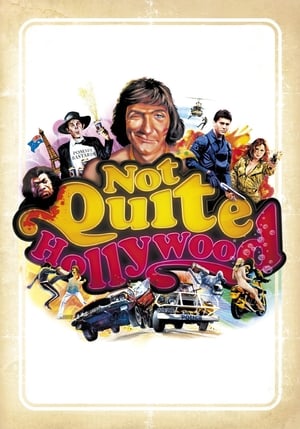 6.9
6.9Not Quite Hollywood(en)
As Australian cinema broke through to international audiences in the 1970s through respected art house films like Peter Weir's "Picnic At Hanging Rock," a new underground of low-budget exploitation filmmakers were turning out considerably less highbrow fare. Documentary filmmaker Mark Hartley explores this unbridled era of sex and violence, complete with clips from some of the scene's most outrageous flicks and interviews with the renegade filmmakers themselves.
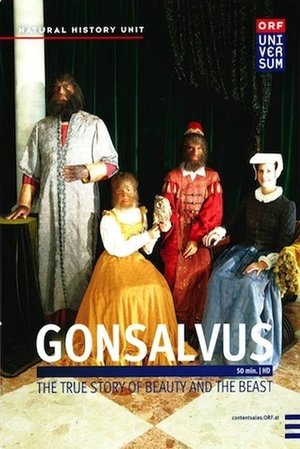 0.0
0.0The Real Beauty and the Beast(en)
It's a condition known as "hypertrichosis" or "Ambras Syndrome," but in the 1500s it would transform one man into a national sensation and iconic fairy-tale character. His name: Petrus Gonsalvus, more commonly known today as the hairy hero of Beauty and the Beast.
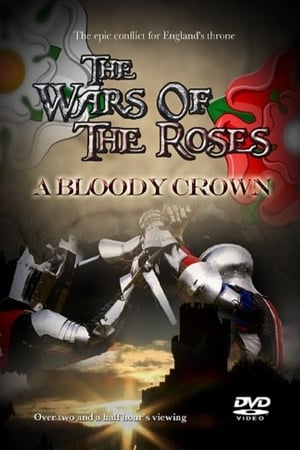 5.0
5.0The Wars of the Roses: A Bloody Crown(en)
Using historically-accurate, battle-filled re-enactments and interviews with expert historians and noted authors, this two-part documentary series brings to vivid life the captivating true stories behind Britain's bloody civil wars.
The L.A. Riots: 25 Years Later(en)
HISTORY brings you an all-encompassing documentary event cantered around the 25th anniversary of the LA Riots, the most destructive riot in American history that left 53 people dead and caused over a billion dollars in damage.
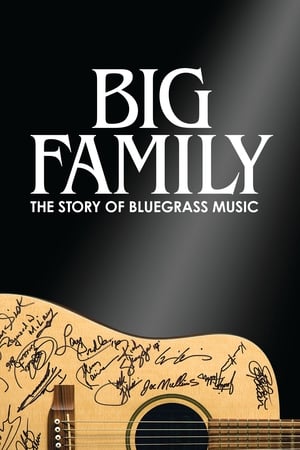 0.0
0.0Big Family: The Story of Bluegrass Music(en)
Examine the history of bluegrass music, from its origins to its eventual worldwide popularity, and hear from dozens of musicians who explain the ways bluegrass music transcends generational, cultural and geographic boundaries.
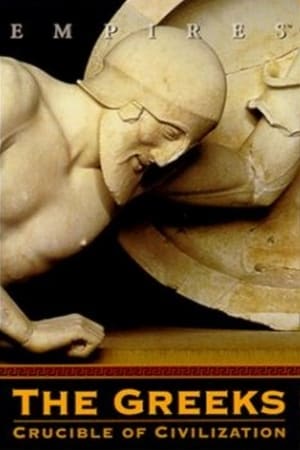 0.0
0.0The Greeks: Crucible of Civilization(en)
It was perhaps the most spectacular flourishing of imagination and achievement in recorded history. In the Fourth and Fifth Centuries BC, the Greeks built an empire that stretched across the Mediterranean from Asia to Spain. They laid the foundations of modern science, politics, warfare and philosophy, and produced some of the most breathtaking art and architecture the world has ever seen. This series, narrated by Liam Neeson, recounts the rise, glory, demise and legacy of the empire that marked the dawn of Western civilization. The story of this astonishing civilization is told through the lives of heroes of ancient Greece. The latest advances in computer and television technology rebuild the Acropolis, recreate the Battle of Marathon and restore the grandeur of the Academy, where Socrates, Plato and Aristotle forged the foundation of Western thought.
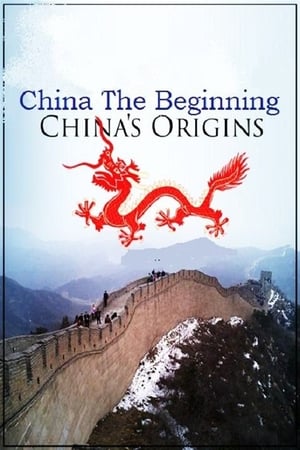 0.0
0.0China: The Beginning - China's Origins(en)
China is the only civilization that continues to hold sway throughout its entire territory as defined by its ancient borders. This three-part series retraces almost 2,000 years of Chinese ancient history – a period that holds vital clues to understanding how this powerful nation was built. Many people forget that during the heyday of the Christian era, China was already a highly developed country. In this fascinating program we will focus on the heart of one of the most mysterious countries in the world. Witness the evolution of civilization and visit the places where the dignitaries are buried, also visit the mausoleum of China's first emperor Qin Shi Huang Di.
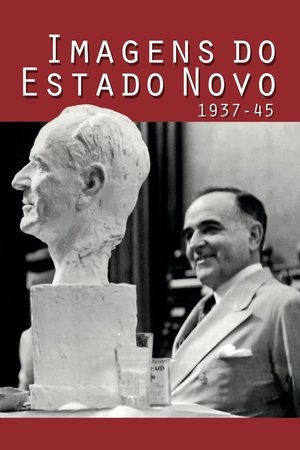 9.2
9.2Images of the Estado Novo 1937-45(pt)
Resorting on a vast archive material of newsreels, photographs, letters, family videos, fiction movies, diary and popular songs excerpts, the documentary reassesses the legacy of the dictatorial period of Getúlio Vargas (1937-1945). Through the comparison and analysis of these heterogeneous records, produced for different purposes, from political propaganda to family celebration, the film explores the several layers of the political web of the Estado Novo, exposing its external inspirational sources, functionality and contradictions.

